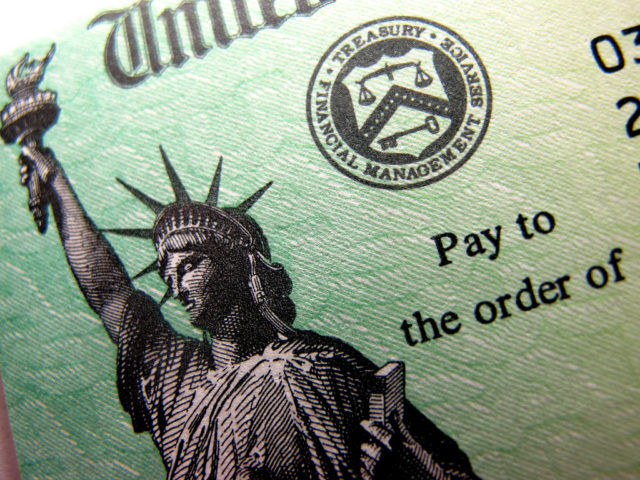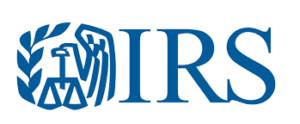
The White House has promised that the IRS will process refunds despite the government shutdown, with the IRS recalling furloughed workers to process the returns. However, taxpayers are not in the clear yet. If you are thinking of using tax refund to pay off debt, you may need to think again. There are a number of entities that can attach your tax refund and send your plans into disarray.
Who Can Attach Your Refund?
There are any number of entities with any number of reasons to have their fingers on your tax return. Your refund can’t be garnished by private creditors, and only certain types of debt are collected by government entities.
Let’s look at the most common players.

The Treasury Offset Program is operated by the Treasury’s Financial Management Service. This program collects for outstanding debts owed to the federal and state governments, courts, regulatory agencies, and other entities. This does not just happen out of the blue.
The agency trying to collect the debt must have provided the debtor with due process and an explanation of their rights. This program collects past-due child support, delinquent or defaulted student loans, fines, penalties, and other issues.
Child support payments that are past due may be attached through the Treasury Offset Program or directly by your state.
Compensation or benefits repayment such as overpaid unemployment benefits, SNAP benefits, even Social Security overpayments can result in having your tax return attached.
State debts such as unpaid taxes, property taxes, fines, and other penalties can cut your tax refund down to size.
If you’ve been doing a little bit of mental math, you are not alone. Debt is seldom a one-dimensional situation, and most people who have debts have more than one kind. There are even good debts and bad debts – though you could say that all debts are bad ones when you can’t pay them. If the possibility of using tax refund to pay off debt disappeared like a friend who owes you money, don’t give up yet. Let’s talk about debt and how to get out from under.
When You Won’t Be Using Tax Refund to Pay Off Debt
Take a deep breath and think past the disappointment. You might not have that chunk of cash in hand, but that can be a good thing! The thing about debt is that it has interest and late fees attached, so the amount you owe is never just the principal. It’s time to plan how to handle your debt without relying on using tax refund to pay off debt.
First, you need to ascertain exactly how much debt you’re in. Debt spread across different cards and loans can be very difficult to quantify until you sit down and add up the figures. In fact, the number one sign of being in too much debt is that you don’t know how much money you really owe. If you are paying your bills weight or borrowing money to pay them, you have too much debt.
When everyday expenses require extraordinary measures, then you need to reassess. Once you have that bottom line all filled out, you can see how far you are into the red. Next, it’s time to figure out how much you have coming in without that tax refund and how much you can afford to pay each month to service and pay down your debt.
Before bankruptcy, it’s possible to find other options for paying down or otherwise getting your debt in hand. For instance, a consolidation loan can pay off high-interest credit cards and even a car loan leaving you with just one monthly payment and one interest rate to handle. Consolidating student loans works much the same way. With other debts, you may be able to negotiate a better deal and settle for less than you owe, while also cutting interest and penalties.

(954) 765-3166 or www.VanHornLawGroup.com.













